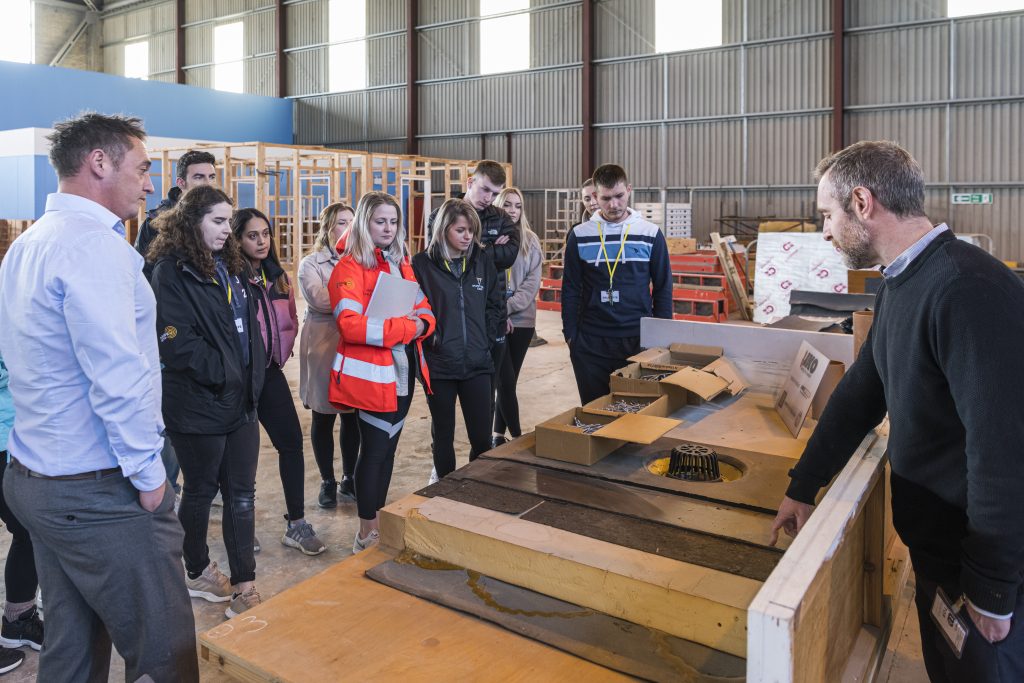As National Apprenticeship Week (10–16 February 2025) approaches, the Construction Industry Training Board (CITB) highlights its strong commitment to apprenticeship support. Between April and December 2024, CITB provided apprenticeship grants to over 24,000 learners and nearly 9,000 employers, reinforcing its role in developing the UK’s construction workforce.
A significant portion of this support benefited micro and small businesses, with close to 8,000 employers with fewer than 50 employees receiving funding. This demonstrates the wide-reaching impact of CITB’s apprenticeship grants in helping construction firms of all sizes invest in skilled talent.
CITB has committed nearly £150 million in apprenticeship funding between April 2023 and March 2025, with over £50 million already distributed to employers in the current financial year.
This year’s National Apprenticeship Week theme, ‘Skills for Life,’ is particularly relevant to the construction industry. With more than 180 different occupations and over 100 construction apprenticeship pathways, individuals at any stage of their career can develop lifelong skills and secure a future in the sector.
CITB’s New Entrant Support Team (NEST) has also supported over 3,500 new apprenticeship starts between April to December 2024 – more than doubling the number of new apprentices they’ve helped join the industry compared to the previous period. NEST provides hands-on, free support to help employers recruit apprentices.
Additionally, CITB’s National Construction College (NCC) has seen their overall achievement rate for apprenticeships increase for three years running and is on track to make it four, with achievement rates for 2024-25 poised to reach the 70% target by the end of the financial year. This will be 16% above the national average and, importantly, 92% of people completing their apprenticeships through the NCC stay in the industry, demonstrating the significant impact CITB’s NCC improvement programme has had.
Deb Madden, Executive Director for Nations Engagement at CITB, said: “A career in construction is an incredibly fulfilling one that I encourage everyone to consider. Nothing beats the valuable skills to be learnt, the sense of accomplishment seeing a project completed, and the well-paid roles that are available. There’s a misconception that construction jobs don’t pay well, but this simply isn’t true – the average UK construction worker’s salary is over £44,000, almost £9,000 higher than the average UK salary.
“It’s fantastic to see the impact CITB’s New Entrant Support Team and National Construction College are having, supporting learners to gain skills for life and employers to grow their business.
“If you’re interested in pursuing an apprenticeship or hiring an apprentice, I urge you to get in contact with CITB to find out how we can support you.”


